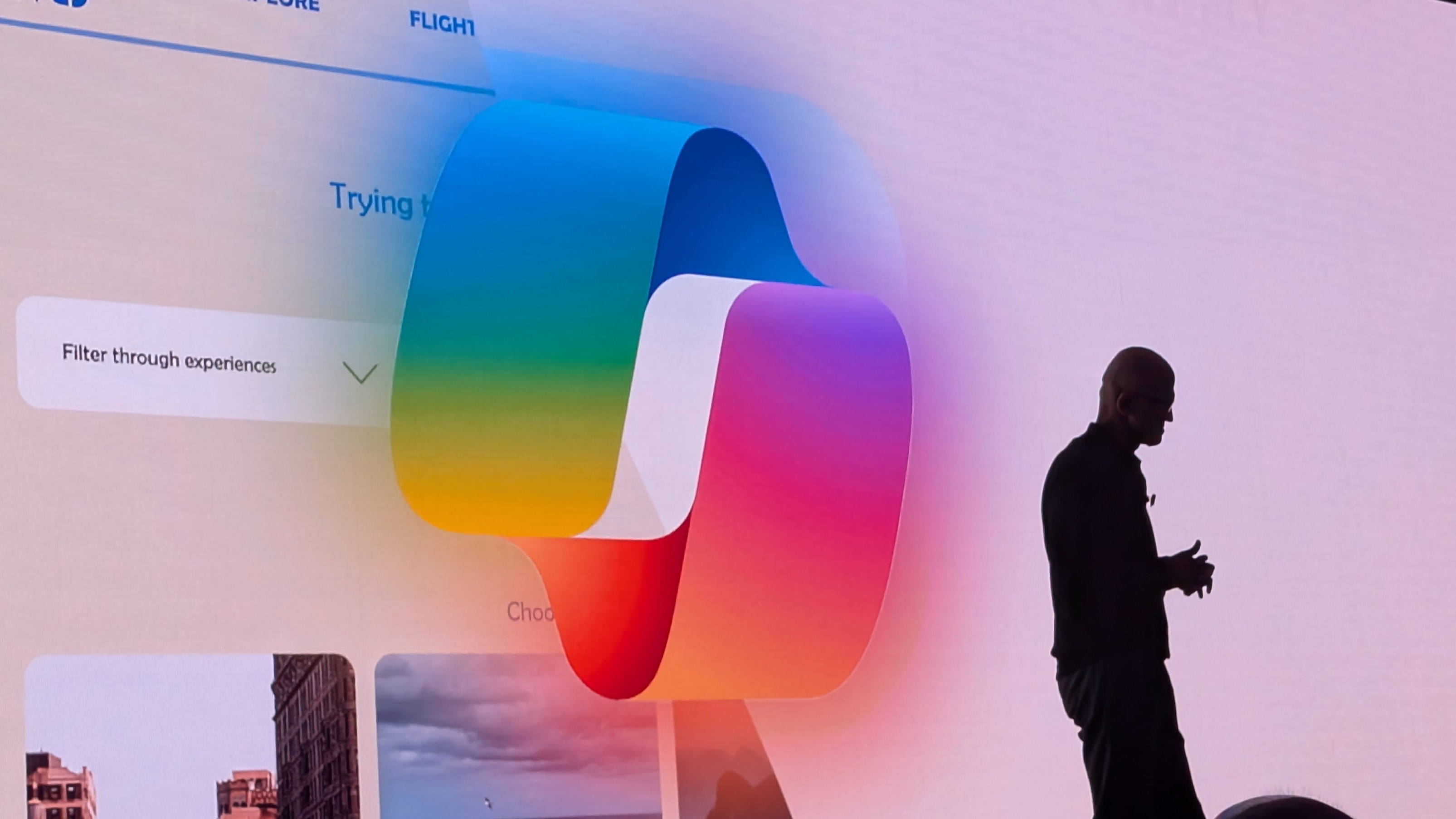Generative AI has undoubtedly taken center stage in modern computing, and Microsoft hasn’t pulled punches while deeply integrating its Copilot AI across its tech stack, especially in Windows 11.
In a bizarre mix of nostalgia and reverse engineering, Andreessen Horowitz’s co-founder and well-known entrepreneur, Marc Andreessen, recently revealed that a small Llama AI model from Meta successfully ran on a Windows 98 PC with only 128MB of RAM (via Money Control).
Until now, the thought of running sophisticated AI models on older operating systems seemed impossible (especially without an NPU), but I guess this experiment sets some of those thoughts aside.
You may like
While Andreessen didn’t disclose the specific Meta AI model that was used for testing, it raises many theories and questions of what could have been.
It’s worth noting that Meta’s Llama AI model consumes less computational power compared to an array of much larger models, but still ships with impressive and sophisticated capabilities.
Andreessen suggested that running Llama AI on a 26-year-old Dell PC with Windows 98 means we could have had human-like interactions with our computers decades ago, at least if generative AI were around back then.
According to the entrepreneur:
“All of those old PCs could literally have been smart all this time. We could have been talking to our computers for 30 years now.”
Of course, generative AI is relatively new in the tech landscape, with companies like OpenAI and Microsoft posting significant progress in the field with their AI-powered offerings, including Copilot becoming deeply integrated into a new wave of Copilot+ PCs.
AI-centric companies have invested a lot of time and resources to make their efforts with artificial intelligence a success. However, Andreessen suggests we might have been further ahead if key players had seized the opportunity during the AI boom in the 1980s:
“A lot of smart people in the 80s thought all this was going to happen then.”
An early AI Era if Microsoft had dared

Marc Andreessen’s claims seemingly stem from an earlier experiment by Exo Labs, which managed to get a modified version of Meta’s Llama 2 to run on a Pentium II-based Windows 98 PC (via Tom’s Hardware).
Achieving this wasn’t an easy feat. Exo Labs had to first find compatible PS/2 peripherals and find a plausible way to transfer the required files to the dated device since USB wasn’t a mainstay yet.
The experiment also included the daunting process of compiling modern code for the dated device running a dated OS. They finally settled on Borland C++ 5.02, a “26-year-old [integrated development environment] and compiler that ran directly on Windows 98.”
However, the team encountered several compatibility issues with C++, forcing them to ditch it for an older version of the C programming language. It involves a more tedious process with functions and variables, so progress was slower.
That aside, the team also encountered hardware-related issues. Some of these older Pentium II machines shipped with 128 MB of RAM, making it difficult to run Meta’s Llama 2, which supports 70 billion parameters and usually demands far more memory.
This forced the team to develop an iteration of the AI model that could run on Windows 98 with lower hardware demands — something you can check out first-hand on GitHub.
Meta’s small AI model proves that even dated PCs running Windows 98 could support generative AI. It remains unclear what the AI landscape would constitute today if key industry players had jumped at the opportunity and started running AI on older personal computers in the 1980s, but it’s fun to speculate as Microsoft turns 50 this week.

